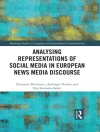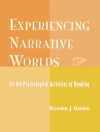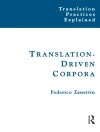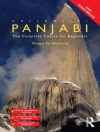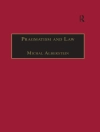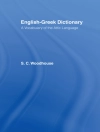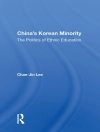The word ‘ought’ is one of the core normative terms, but it is also a modal word. In this book Matthew Chrisman develops a careful account of the semantics of ‘ought’ as a modal operator, and uses this to motivate a novel inferentialist account of why ought-sentences have the meaning that they have. This is a metanormative account that agrees with traditional descriptivist theories in metaethics that specifying the truth-conditions of normative sentences is a central part of the explanation of their meaning. But Chrisman argues that this leaves important metasemantic questions about what it is in virtue of which ought-sentences have the meanings that they have unanswered. His appeal to inferentialism aims to provide a viable anti-descriptivist but also anti-expressivist answer to these questions. This is a remarkably bold and interesting book. Chrisman challenges nothing less than the entire conceptual framework within which most previous metaethics (and indeed, much other contemporary philosophy) has been done, and advances a very ambitious rethinking of the theoretical space. It’s not only ambitious, but also extremely imaginative and smart, and Chrisman’s scholarship is at a rare level, as he has assimilated a literature that is unusually broad both in terms of field and historical scope. -Stephen Finlay, Professor of Philosophy, University of Southern California
Matthew Chrisman
Meaning of ‘Ought’ [PDF ebook]
Beyond Descriptivism and Expressivism in Metaethics
Meaning of ‘Ought’ [PDF ebook]
Beyond Descriptivism and Expressivism in Metaethics
Cumpărați această carte electronică și primiți încă 1 GRATUIT!
Limba Engleză ● Format PDF ● Pagini 320 ● ISBN 9780199363018 ● Editura Oxford University Press ● Publicat 2015 ● Descărcabil 3 ori ● Valută EUR ● ID 4479945 ● Protecție împotriva copiilor Adobe DRM
Necesită un cititor de ebook capabil de DRM


